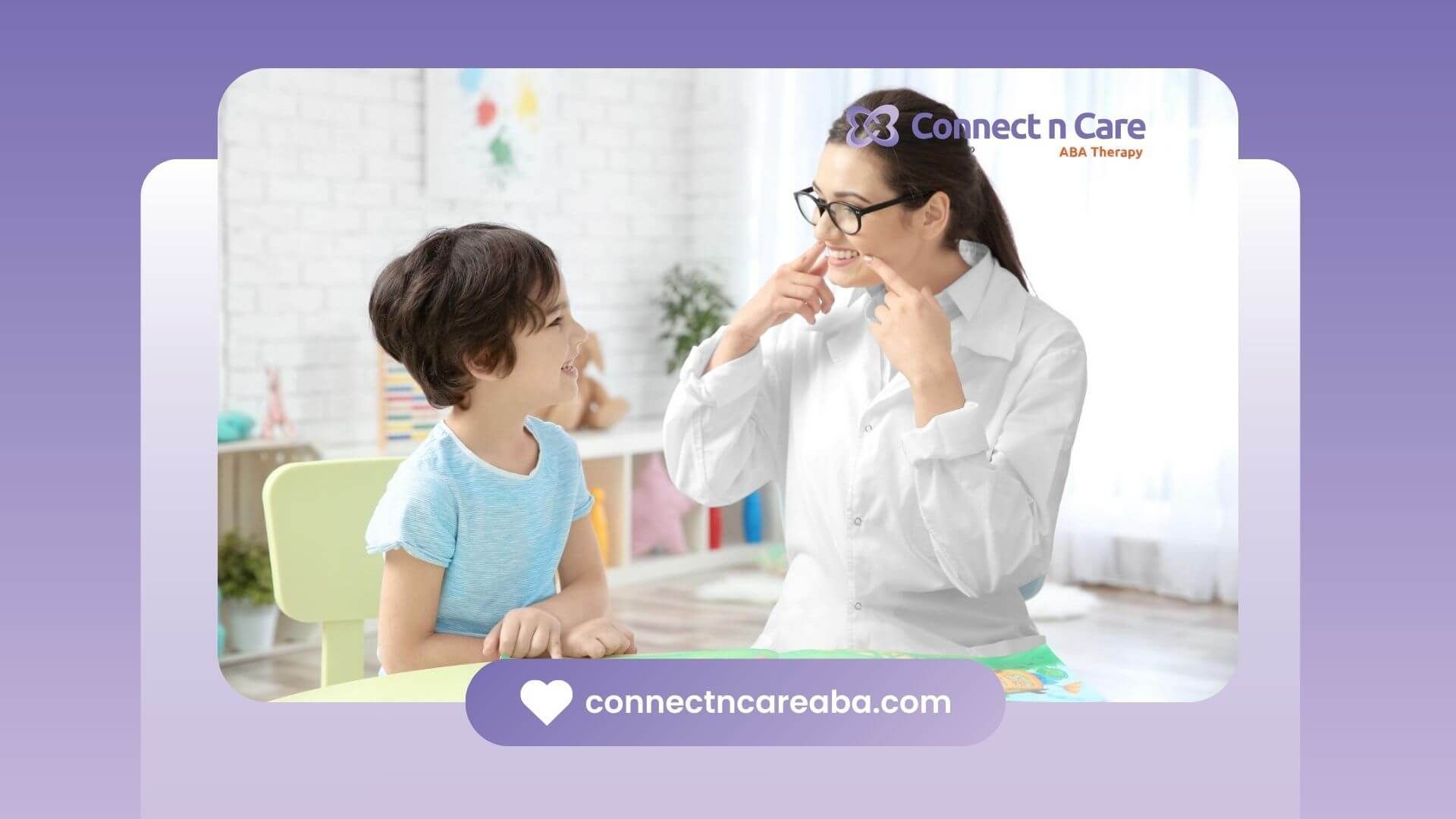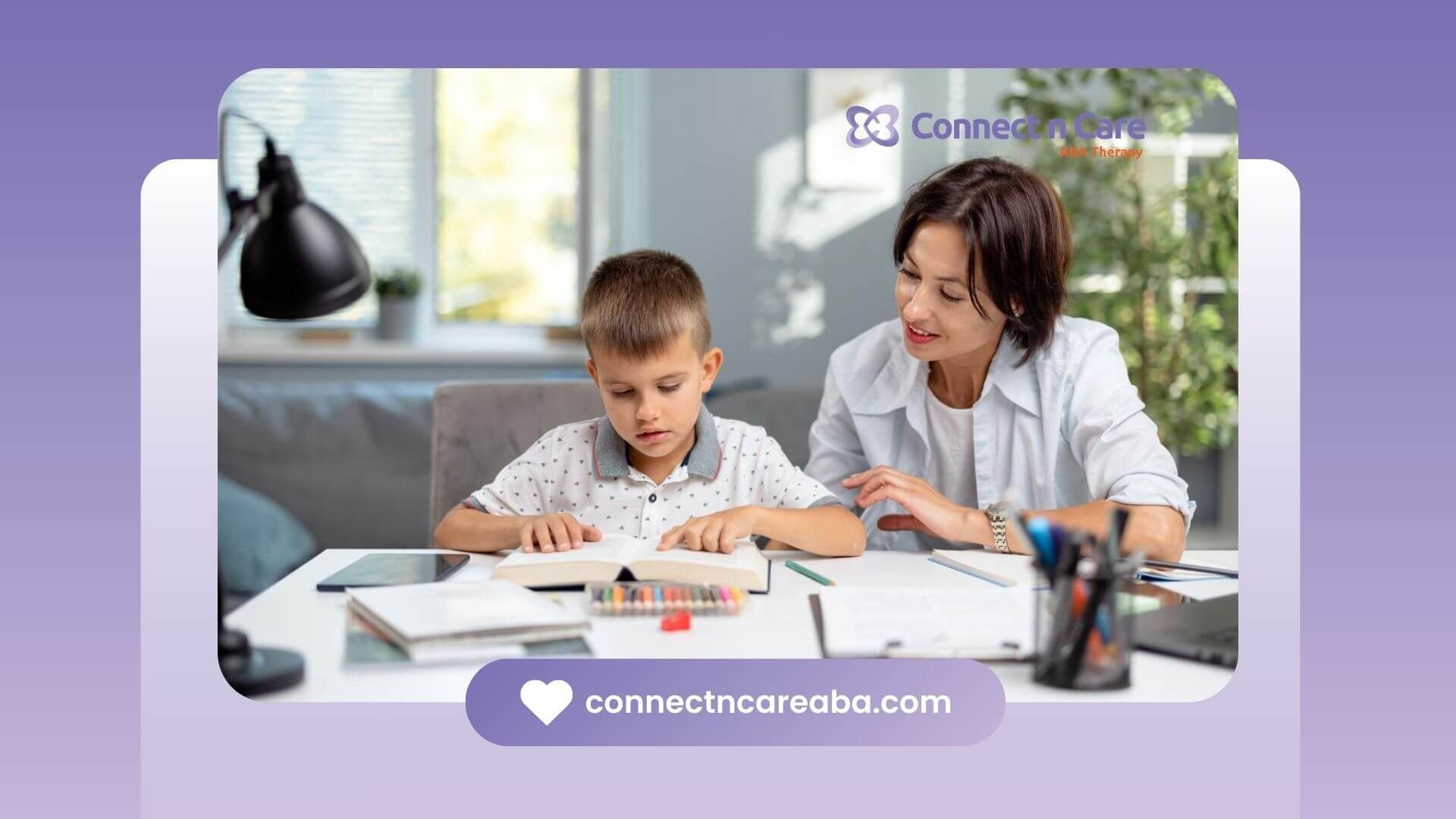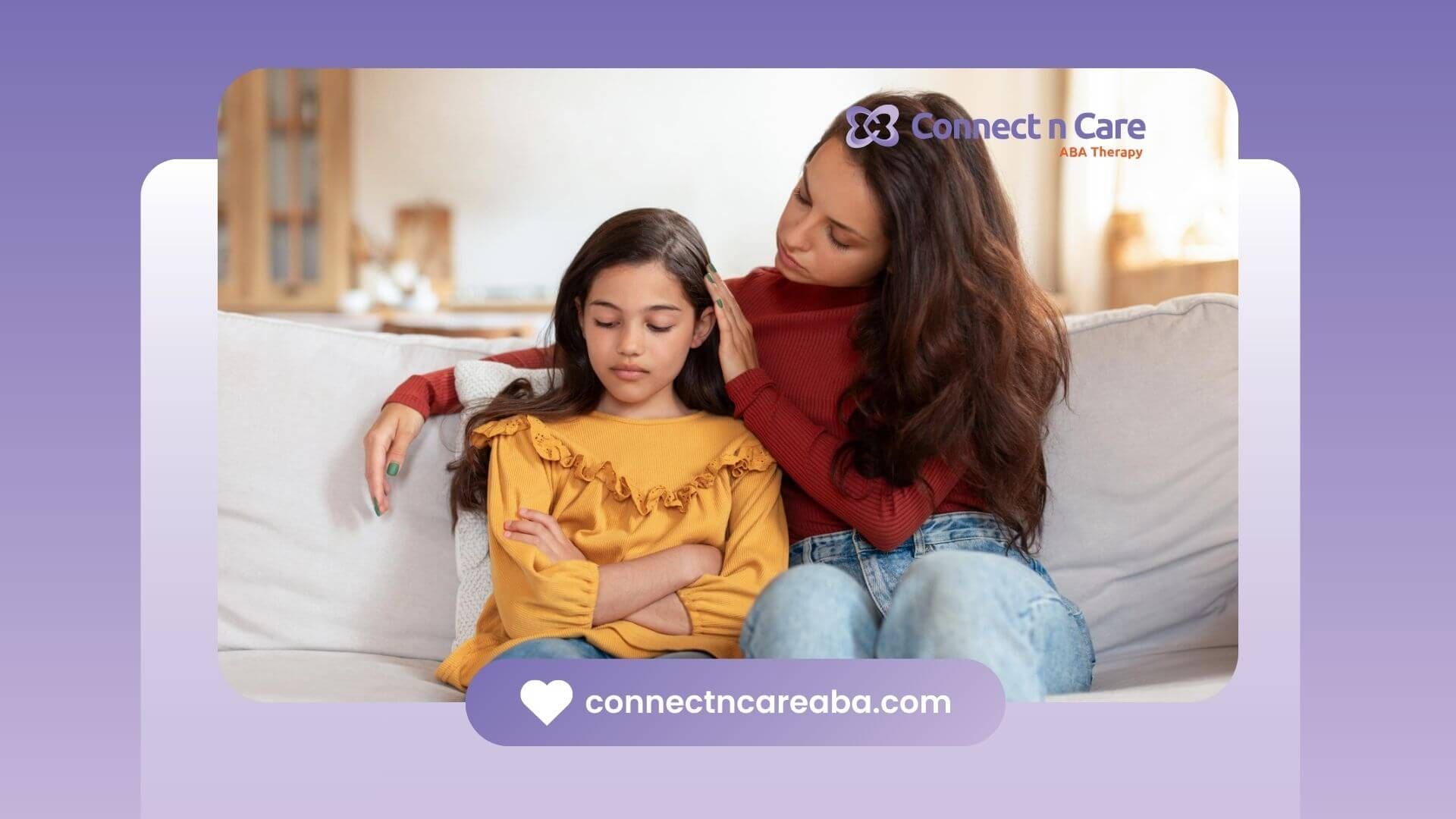Key Highlights
- Understand the impact of sensory processing on individuals with autism during a solar eclipse in North Carolina
- Learn how a solar eclipse can exacerbate sensory sensitivities in individuals with autism
- Discover strategies for preparing individuals with autism for the solar eclipse, including discussing the event in advance and creating a viewing plan that considers sensory needs
- Find safety tips for viewing the solar eclipse in North Carolina, such as choosing the right eclipse glasses for individuals with autism and exploring alternative viewing methods
- Explore coping strategies for individuals with autism during the solar eclipse in North Carolina, including maintaining a routine and managing potential sensory overload
- Understand how to reflect on the experience together and use the solar eclipse as a learning opportunity for individuals with autism
Introduction
The solar eclipse is an awe-inspiring celestial event that captivates people all over the world, including the North Carolina. However, for individuals with autism, the solar eclipse can present unique challenges due to their sensory sensitivities. Sensory processing issues are common in individuals with autism, affecting how they perceive and respond to sensory information. This can make the experience of a solar eclipse overwhelming and unsettling for them.
Understanding the specific sensory sensitivities that individuals with autism may experience during a solar eclipse is crucial in ensuring their comfort and well-being. By being aware of these challenges and implementing appropriate strategies, we can support individuals with autism and help them enjoy the solar eclipse.
In this blog, we will delve into the impact of sensory processing on individuals with autism during a solar eclipse. We will also explore ways to prepare and support individuals with autism before, during, and after the solar eclipse. From discussing the event in advance to choosing the right eclipse glasses and coping with sensory overload, these expert tips will provide valuable guidance for caregivers, educators, and individuals with autism themselves.
Understanding Autism and Sensory Sensitivities
Before we delve into the specifics of supporting individuals with autism during a solar eclipse, let's first understand what autism is and how it impacts sensory processing. Autism, or autism spectrum disorder (ASD), is a neurodevelopmental disorder that affects communication, social interaction, and behavior. Individuals with autism may have difficulty processing sensory information, experiencing sensory sensitivities or seeking sensory stimulation.
Sensory sensitivities can manifest in various ways for individuals with autism. They may be hypersensitive to certain stimuli, such as bright lights or loud noises, or hyposensitive, showing less responsiveness to sensory input. Understanding these sensitivities is crucial for creating an environment that supports individuals with autism.
One effective tool for helping individuals with autism navigate new experiences is a social narrative. A social narrative is a visual guide that presents information about a specific situation or event in a structured and predictable manner. It can help individuals with autism understand what to expect and prepare them for the sensory challenges they may encounter during a solar eclipse.
The impact of sensory processing on individuals with autism
Sensory processing plays a significant role in the daily lives of individuals with autism. For some individuals, sensory sensitivities can be so overwhelming that they may experience sensory overload, leading to distress and meltdowns. During a solar eclipse, the sensory experience is heightened due to the changes in light, sound, and overall environment.
Individuals with autism may be highly sensitive to bright lights, making the intense brightness of the sun during a solar eclipse particularly challenging. The sudden darkness as the moon obscures the sun can also be disorienting and unsettling. Additionally, the sounds and crowds associated with eclipse viewing events can be overwhelming for individuals with autism, who may struggle with social interactions.
Understanding the impact of sensory processing on individuals with autism is essential in creating a supportive and accommodating environment during a solar eclipse. By taking their sensory sensitivities into account, we can ensure that they have a positive and enjoyable experience.
How a solar eclipse can exacerbate sensory sensitivities
A solar eclipse, especially a total solar eclipse, brings about significant changes in the environment that can exacerbate sensory sensitivities in individuals with autism. The sudden darkness during a total solar eclipse can trigger sensory overload for many individuals, causing anxiety and discomfort.
The changes in lighting conditions during a solar eclipse, from the bright sun to the dimmed or darkened sky, can be disorienting and confusing for individuals with autism. The sudden shift in visual stimuli can be overwhelming, leading to sensory sensitivities related to light and visual processing.
In addition to the changes in lighting, a solar eclipse often draws large crowds and increases noise levels. Individuals with autism may struggle with social interactions and find it difficult to navigate crowded spaces. The combination of sensory overload and unfamiliar social situations can make a solar eclipse a challenging experience for individuals with autism.
Understanding these challenges and implementing appropriate strategies can help individuals with autism navigate the sensory sensitivities associated with a solar eclipse.
Preparing for the Solar Eclipse in North Carolina
To ensure a positive experience for individuals with autism during a solar eclipse in North Carolina, it is important to prepare them in advance. By discussing the event and creating a viewing plan that considers their sensory needs, we can help minimize anxiety and maximize enjoyment.
One effective strategy is to discuss the solar eclipse in advance, using social stories or social narratives. These visual guides can provide individuals with autism a step-by-step explanation of what to expect during a solar eclipse. By incorporating visuals and simple language, social stories can help individuals understand the changes in lighting, the concept of the eclipse, and the need for eye protection.
Discussing the solar eclipse in advance
When preparing individuals with autism for a solar eclipse in North Carolina, it is crucial to discuss the event in advance. Here are some key points to cover:
- Explain what a solar eclipse is and why it happens
- Use visual aids, such as diagrams or pictures, to illustrate the concept of the moon blocking the sun
- Emphasize the need for eye protection, such as eclipse glasses, to keep their eyes safe
- Discuss the changes in lighting and how the environment may look different during the eclipse
By discussing the solar eclipse in advance, individuals with autism can better understand the event and prepare themselves for the sensory changes they will experience.
Creating a solar eclipse viewing plan that considers sensory needs
Creating a viewing plan that considers the sensory needs of individuals with autism is essential for their comfort and enjoyment during a solar eclipse in North Carolina. Here are some tips for creating a sensory-friendly viewing plan:
- Choose a quiet and less crowded location to minimize sensory overload
- Provide comfortable seating or cushions for individuals who may struggle with sitting for long periods
- Use noise-canceling headphones or earplugs to reduce noise levels
- Ensure that everyone has access to appropriate eye protection, such as eclipse glasses, to protect their eyes during the event
By considering sensory needs and providing a supportive environment, individuals with autism can fully participate in and enjoy the solar eclipse.
Safety Tips for Viewing the Solar Eclipse in North Carolina
Ensuring the safety of individuals with autism during a solar eclipse is of utmost importance. Here are some safety tips to follow when viewing the eclipse:
- Choose the right solar eclipse glasses specifically designed for safe viewing of the sun
- Verify that the eclipse glasses are compliant with safety standards and have the appropriate certification
- Ensure that the eclipse glasses fit properly and are worn correctly throughout the event
- Avoid looking directly at the sun without proper eye protection, as it can cause serious eye damage
By following these safety tips, individuals with autism can safely enjoy the solar eclipse without any harm to their eyes.
Choosing the right solar eclipse glasses for individuals with autism
When selecting solar eclipse glasses for individuals with autism, it is important to consider their specific needs and sensitivities. Here are some factors to consider:
- Look for glasses with a high level of protection, providing safe viewing of the sun without compromising eye safety
- Opt for glasses that are comfortable to wear and fit securely on the individual's face
- Consider glasses with adjustable straps or bands to accommodate different head sizes or sensitivities to tightness
- Choose glasses with a design or color that the individual finds visually appealing, as this can increase their willingness to wear them
By selecting the right solar eclipse glasses, individuals with autism can safely enjoy the solar eclipse and experience the awe-inspiring event.
Alternative viewing methods: pinhole projectors and live streams
While eclipse glasses are the most common method of viewing a solar eclipse, there are alternative options that may be more suitable for individuals with autism who have sensory sensitivities. Here are two alternative viewing methods:
- Pinhole projectors: These simple devices allow individuals to safely view the solar eclipse without directly looking at the sun. They can be made using everyday materials like cardboard and aluminum foil. The pinhole projector creates a projection of the eclipse on a surface, providing a safe and less intense viewing experience.
| Column Name A | Column Name B |
|---|---|
| Materials | Cardboard, aluminum foil |
| Difficulty level | Easy |
| Safety level | Low (no direct viewing of the sun) |
| Sensory impact | Minimal |
- Live streams: Watching a live stream of the solar eclipse can be an alternative for individuals with autism who may find the sensory experience overwhelming. Many organizations and websites provide live streams of the solar eclipse, allowing individuals to observe the event from the comfort of their own environment.
By exploring alternative viewing methods, individuals with autism can still participate in the solar eclipse while minimizing sensory sensitivities.
During the Solar Eclipse
During the solar eclipse in North Carolina, it is important to maintain a routine to provide comfort and structure for individuals with autism. The changes in lighting, sounds, and overall environment can be disorienting, but a familiar routine can help individuals feel more grounded and secure.
By sticking to their regular routine as much as possible, individuals with autism can have a sense of continuity and familiarity during the eclipse. This can help reduce anxiety and provide a sense of comfort.
Maintaining a routine to provide comfort and structure
During the solar eclipse, maintaining a routine can be particularly beneficial for individuals with autism. Here are some strategies for maintaining a routine:
- Stick to regular meal times and ensure individuals have access to their preferred foods and snacks
- Incorporate familiar activities or hobbies into the day's schedule
- Provide a designated quiet space where individuals can go if they feel overwhelmed
- Communicate any changes in the routine ahead of time and prepare individuals for what to expect
By maintaining a routine, individuals with autism can feel more secure and grounded during the sensory changes of a solar eclipse.
Coping strategies for potential sensory overload
Sensory overload can be a common challenge for individuals with autism during a solar eclipse. Here are some coping strategies to help individuals manage sensory overload:
- Use noise-canceling headphones or earplugs to reduce noise levels
- Provide a sensory toolkit with items that individuals find calming, such as fidget toys or stress balls
- Offer sensory breaks or quiet time in a designated area to allow individuals to recharge and regulate their sensory input
- Practice deep breathing exercises or mindfulness techniques to help individuals relax and manage anxiety
By offering these coping strategies, caregivers and educators can support individuals with autism in managing sensory overload and enjoying the solar eclipse.
After the Solar Eclipse
After the solar eclipse in North Carolina, it is important to reflect on the experience together and use it as a learning opportunity for individuals with autism. This can help reinforce the knowledge gained from the event and provide closure.
Reflecting on the experience together
Reflecting on the solar eclipse together can be a valuable opportunity for individuals with autism to share their thoughts and feelings. Here are some discussion points for reflection:
- What did you see and feel during the solar eclipse?
- How did the changes in lighting and environment affect you?
- Did you enjoy the experience? Why or why not?
- What did you learn about the sun, the moon, and eclipses?
By encouraging open and supportive discussions, individuals with autism can process their experiences and deepen their understanding of the solar eclipse.
Using the solar eclipse as a learning opportunity
The solar eclipse presents a unique learning opportunity for individuals with autism. Here are some ways to incorporate the solar eclipse into learning activities:
- Explore books or online resources about the solar eclipse to deepen understanding
- Engage in hands-on activities, such as creating artwork or models of the sun and moon
- Discuss the science behind eclipses, including the alignment of the sun, moon, and earth
- Encourage individuals to ask questions and seek answers about the solar eclipse
By using the solar eclipse as a learning opportunity, individuals with autism can further develop their knowledge and curiosity about the world around them.
Conclusion
In conclusion, supporting individuals with autism during a solar eclipse in North Carolina requires understanding and empathy. Sensory sensitivities play a critical role in their experience, making it essential to prepare and plan ahead. Safety measures, such as choosing the right viewing equipment and maintaining routines, can help create a comfortable environment. Reflecting on the experience together and using it as a learning opportunity fosters growth and understanding. By taking these steps, we can ensure that individuals with autism feel supported and included during this unique celestial event.









